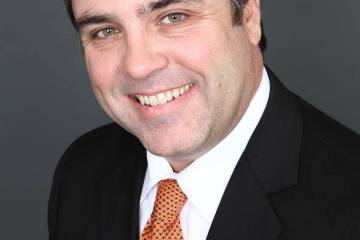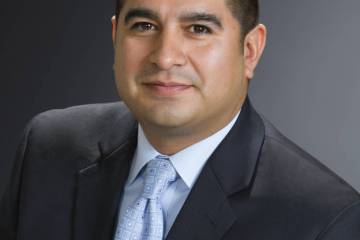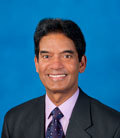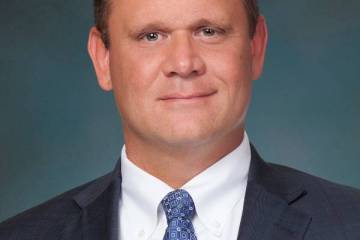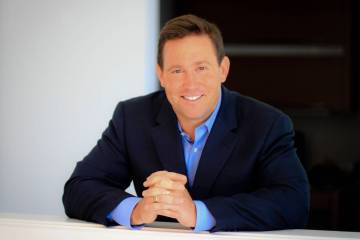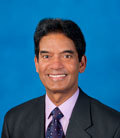There’s no way around it. Giving feedback is a tricky thing. Even with the best of intentions, wires get crossed, and technology isn’t always a help. There are more ways to experience confusion than ever before. Texts, emails, video calls and even instant messaging apps are part of the problem.
While considerable attention is being given to the millions of foreigners who unlawfully entered the U.S. in the recent past, there are serious flaws in our immigration laws that allow lawful immigration. Some of the flaws include the H1-B and EB-5 visa programs, limited quota placed on professionals holding advanced degrees, and the undue breadth of family-sponsored immigration, all of which could lead to an eventual green card (lawful permanent residency). There is a dire need to reform the U.S. immigration law to fix these and other existing flaws.
Building a business is a lengthy and involved process. Business owners can spend anywhere from months to years conceptualizing, planning, implementing and revising and honing their business ideas, creative processes, products and systems. During this process, which can be expensive, they often hire employees to implement or sell those ideas, processes, products and systems.
The concept of “home” has attracted significant attention from the U.S. Supreme Court, limiting the locations where a corporation can be sued. That’s good news for Nevada-based businesses.
Over the last few years, social media has gone from a trend to a mainstay as a marketing and communication strategy for brands of all sizes.
What do the most effective business leaders do differently? Ben Johnson decided to find out. As a supervisor at the U.S. Probation Office, he is attached to a task force that includes Homeland Security, the Las Vegas Metropolitan Police Department and the FBI. While enrolled in a two-year leadership program, he looked for another leader to observe in action, hoping to gain insights he could apply to his own command.
As Congress moves forward in the coming months with tax reform, it is critical to preserve Section 1031. I urge Sen. Dean Heller to retain Section 1031 in the Internal Revenue Code unchanged.
If you let it, negativity can wreak havoc on any business. Leaders, it’s up to you to set the course for positivity and run your company on optimism. Optimism wins out every time!
Branding is a business identity in the marketplace. An established brand attracts target prospects more effectively and strengthens customer loyalty based on the customer experience and satisfaction. Apple, Intel, Calvin Kline, Nike and several other companies like them are good examples of popular brands.
Innovation is fresh thinking that leads to valuable products and services. Innovation is not limited to inventing. That generally is visualized as made by people in white lab coats with a high IQ. Innovation is a special culture that businesses cultivate. It is a culture of creation. Central to the innovation culture in our present connected world is diversity, inclusion and a work environment which fosters creative thinking

